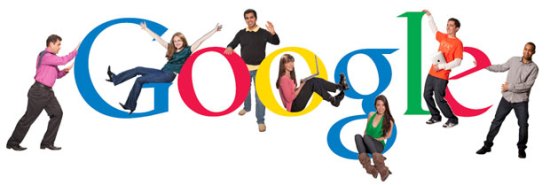Google May Make For Worse Students, Says Study Found Through Google

The study deals chiefly with addressing two sides of the same coin. On the one hand, it appears that students are becoming less and likely to ask librarians for help navigating databases. Perhaps they are afraid librarians will roll their eyes, scoff and think they are stupid for not being able to navigate academic labyrinths databases. As a result, students are losing out on the opportunity to learn the important skill that is digging up articles from JSTOR, as well as losing out on the quality JSTOR articles they might find. On the other hand, the study may be confirming that Google’s interface, in all its user-friendliness, is making academic database searches look as archaic as they are. Perhaps the lack of student interest in traditional academic detective work is because it is an inefficient alternative.
The study finds that students who are introduced to librarians by a faculty member are much more likely to seek out said librarian for help. Likewise, the study finds that students who seek out help generally find better results than those who do not. Furthermore, students who don’t ask for help were found to have wasted time sifting through irrelevant journals and databases when left to their own devices.
The study encourages the incorporation of Information Literacy classes into the standard curriculum in order to foster better research skills. Dr. Andrew D. Asher, an author of the study, is quoted by PhysOrg.com as putting it this way:
Many (but not all) students are not gaining the information literacy skills in college that they will need in their future careers. This isn’t just about doing academic research, but also about being a savvy, reflective, and critical consumers of information.
It’s at this point at I am inclined to argue that being able to decipher and use complex systems with minimal outside assistance is perhaps the more useful skill and that perhaps learning how to navigate an antiquated database is not the same as critcally consuming the information one finds. Then again, I graduated with an English degree, so I spent most of my time grasping at straws and inventing thematic connections, not digging up peer-reviewed articles.
All in all, it’s easy to see how Google is drastically affecting other databases. The question of whether it’s edging them out unfairly or setting a higher standard for usability is up for debate.
(via PhysOrg.com)
Have a tip we should know? tips@themarysue.com